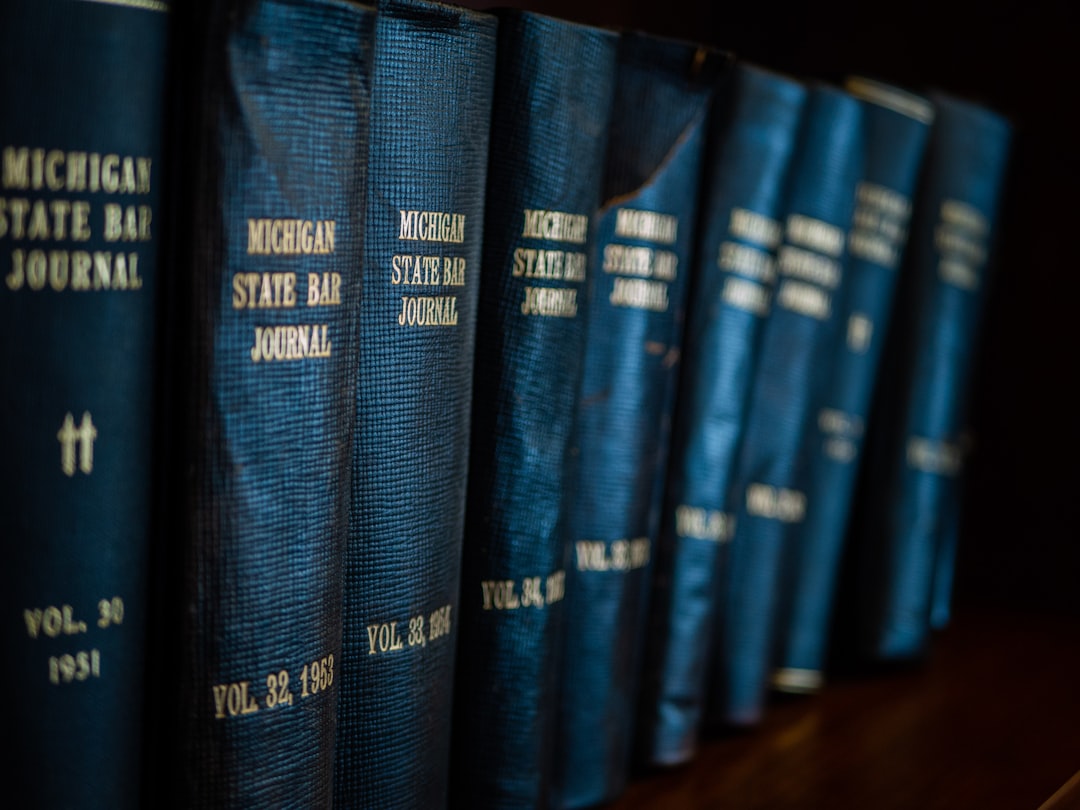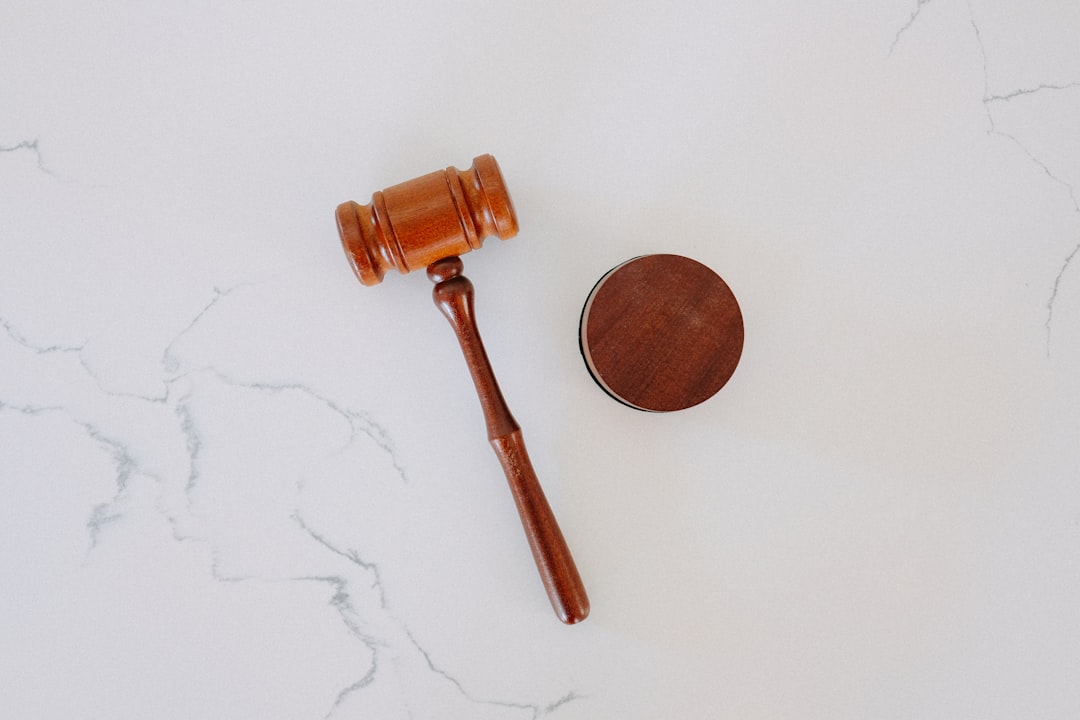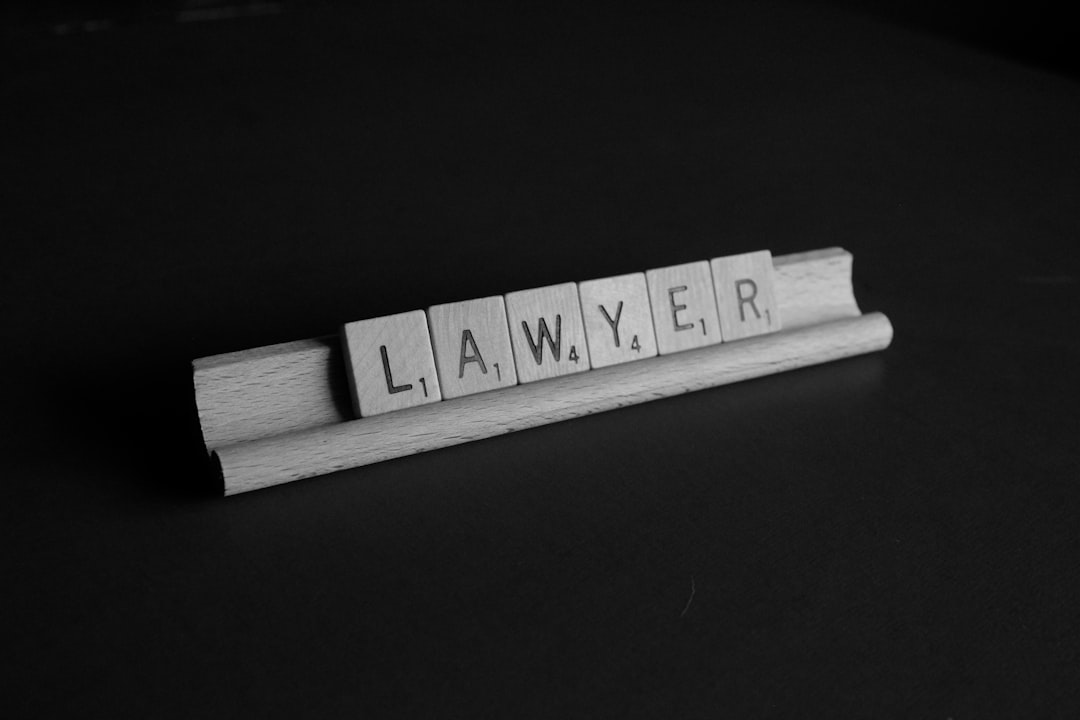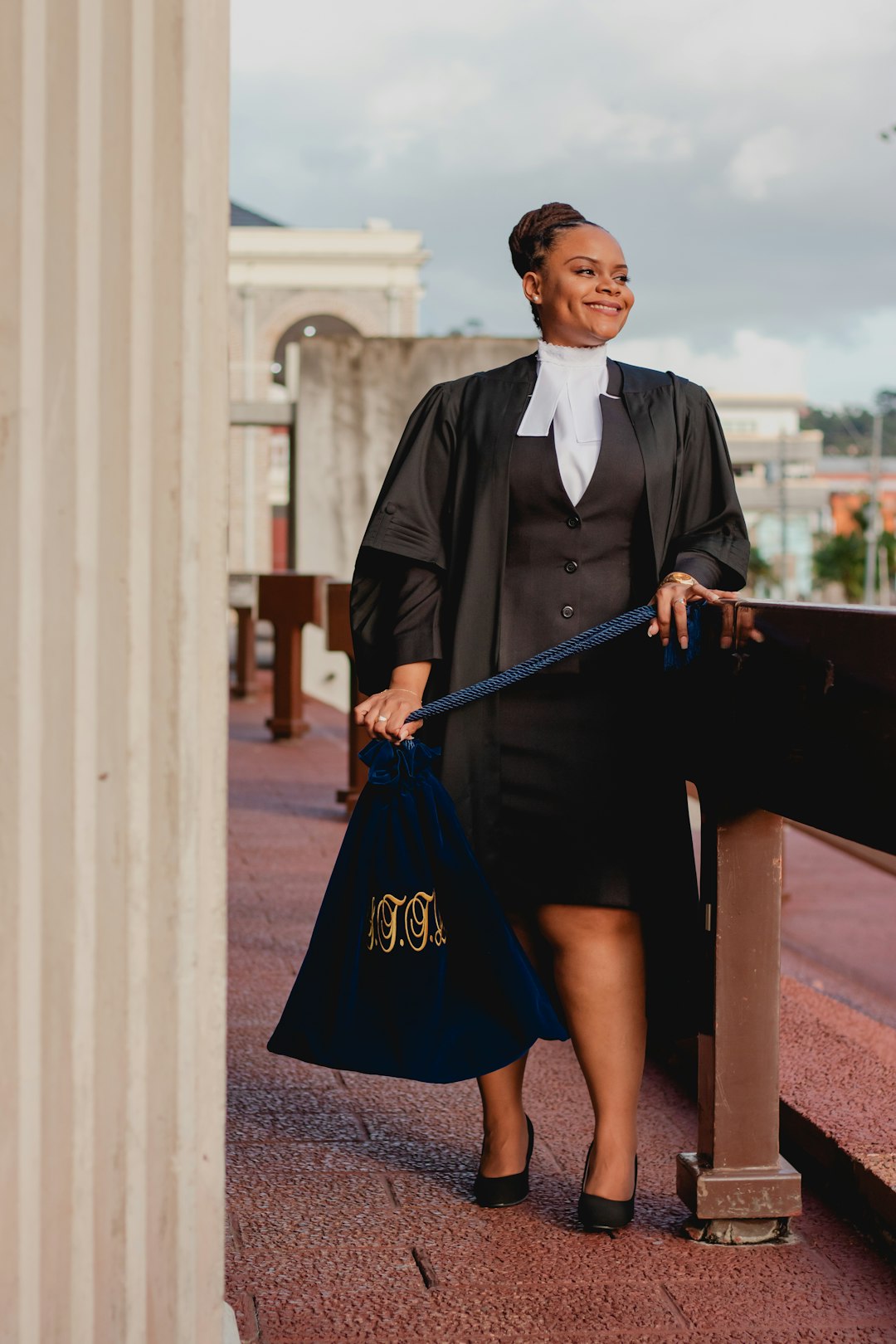Proving sexual abuse without physical evidence requires a multifaceted approach led by sexual abuse law firms Louisville KY. Key strategies include psychological evaluations, detailed medical records, digital evidence, witness testimonies, and expert witnesses from various fields to corroborate survivor narratives and secure justice.
In the complex landscape of justice, proving sexual abuse without physical evidence presents a unique challenge, especially in Louisville KY. Many survivors face an uphill battle, questioning their credibility and the viability of their claims. However, with the right approach, it is possible to navigate this intricate legal terrain. This article, crafted by seasoned professionals at a leading sexual abuse law firm Louisville KY, offers an authoritative guide. We delve into the nuances of evidence collection, exploring psychological assessments, medical records, and witness testimonies as powerful tools. By understanding these methods, survivors can empower themselves to pursue justice and ensure that their stories are heard.
Uncovering Abuse Without Physical Signs: Strategies

Proving abuse, particularly sexual abuse, can be challenging when physical evidence is lacking, but it’s not impossible. Survivors and advocates in Louisville, KY, have access to a range of strategies and resources to uncover and support these sensitive cases. One key step is to understand that abuse leaves imprints beyond the physical body—it often engraves itself into an individual’s psyche, emotions, and behaviors. This means that expert psychological evaluations can play a pivotal role in corroborating a survivor’s story. By employing therapists and psychologists who specialize in trauma, a sexual abuse law firm Louisville KY can help individuals access their memories and express experiences that may have been repressed or obscured by shame and guilt.
Another powerful tool is the power of documentation. Keeping detailed records of interactions with healthcare providers, counselors, and any relevant professionals involved in the survivor’s life can serve as a vital record. These documents can include medical notes, therapy transcripts, school reports, or even personal journals that mention symptoms or behaviors consistent with abuse. For instance, changes in eating habits, chronic pain complaints, or sudden shifts in academic performance could be indicators worth exploring further. Furthermore, digital evidence from social media, emails, or text messages may offer glimpses into exploitative interactions, especially in cases involving online grooming or cyberbullying.
The legal system also offers avenues for proving abuse without physical signs. Court documents, witness testimonies, and expert testimony from professionals like psychiatrists or forensic psychologists can all contribute to building a compelling case. In Louisville, where there are dedicated sexual abuse law firms, survivors can benefit from legal teams with extensive experience in navigating these complex cases. These attorneys understand the importance of corroborating evidence and work tirelessly to ensure that every aspect of a survivor’s story is given due consideration, ultimately leading to justice and healing.
Legal Pathways: Proving Louisville Sexual Abuse Cases

Proving sexual abuse cases in Louisville, Kentucky, requires a meticulous approach beyond physical evidence, especially when the abuse occurred years ago or left no visible marks. Survivors and their legal advocates must navigate complex legal pathways to ensure justice. A sexual abuse law firm in Louisville KY has successfully represented numerous clients by employing innovative strategies to build compelling cases without relying solely on physical proof.
One powerful method is to gather comprehensive medical records, which can document any injuries or health issues resulting from the abuse. Even if there are no immediate physical manifestations, long-term health effects can provide significant evidence. For instance, psychological evaluations and therapy notes can offer insights into the victim’s mental state, detailing symptoms of trauma such as anxiety, depression, or PTSD. Additionally, expert witnesses—including psychiatrists or psychologists—can testify to the consistency of these records with sexual abuse experiences.
Another strategic approach involves extensive documentation of the survivor’s narrative, including detailed accounts of the incident(s), any subsequent behaviors or changes in their life, and the journey towards healing. This can include letters, diaries, or journal entries written at different stages of recovery. In some cases, digital evidence from social media platforms (if relevant) or online communications can also be utilized to corroborate the survivor’s story. Legal professionals should work closely with victims to collect these records securely while ensuring their privacy and confidentiality.
Furthermore, a sexual abuse law firm Louisville KY often collaborates with other experts, such as forensic examiners who can provide detailed analysis of any available biological evidence, even if it seems minimal. This may include hair, skin cells, or bodily fluids collected during medical examinations or crime scene investigations. Statistical analyses can help estimate the likelihood of the abuse occurring based on these findings. By combining these diverse pieces of evidence, a compelling legal argument can be constructed, demonstrating beyond reasonable doubt that sexual abuse has occurred, even in the absence of visible physical marks.
Expert Testimonies & Documentation in Abuse Claims

In many cases involving sexual abuse, physical evidence may not always be readily available or conclusive. This is where expert testimonies and comprehensive documentation become invaluable tools in proving abuse, especially within the legal framework of a sexual abuse law firm Louisville KY. The absence of physical marks does not negate the possibility of abuse; instead, it calls for a nuanced approach that leverages professional insights and detailed records.
Expert witnesses, such as medical professionals, psychologists, and trauma specialists, play a pivotal role in these claims. They offer impartial assessments based on their specialized knowledge, corroborating the victim’s account and providing a scientific perspective on the potential impact of abuse. For instance, a qualified forensic examiner can analyze sexual assault evidence kits (SAEKs) to identify bodily fluids, DNA, or other trace evidence that may not be immediately visible. Additionally, mental health experts can testify regarding the psychological effects of trauma, helping to validate symptoms like anxiety, depression, or post-traumatic stress disorder (PTSD), which are common in abuse survivors.
Documentation is another critical aspect of building a compelling case without physical evidence. Keeping detailed records of medical treatments, counseling sessions, and any interactions with law enforcement can serve as powerful evidence. For example, hospital records indicating treatment for injuries consistent with assault or therapy notes describing vivid recounts of abusive events can significantly strengthen a victim’s claim. Furthermore, maintaining a chronological account of the abuse through written statements or journals can provide a clear timeline, which is essential in legal proceedings. A sexual abuse law firm Louisville KY often relies on these comprehensive documents to construct a robust case and ensure that survivors receive the justice they deserve.
Related Resources
Here are 5-7 authoritative resources for an article on proving abuse in Louisville without physical evidence:
- Kentucky Legal Aid (Nonprofit Organization): [Offers legal assistance and information tailored to Kentucky residents.] – https://kylegalaid.org/
- Louisville Metro Police Department (Government Agency): [Provides insights into local law enforcement procedures and reporting of abuse.] – https://www.louisvilleky.gov/government/departments/police-department
- University of Louisville School of Law (Academic Institution): [Offers legal research and resources, including articles on evidence and abuse cases.] – https://law.uofl.edu/
- National Domestic Violence Hotline (Nonprofit Organization): [Provides national resources and support for victims of domestic violence.] – https://www.thehotline.org/
- Kentucky Department of Health (KDH) (Government Agency): [Offers health-related resources, including information on reporting child abuse.] – https://health.ky.gov/
- American Bar Association (ABA) (Industry Leader): [Offers legal guidelines and standards, which can inform readers about best practices in handling abuse cases.] – https://www.americanbar.org/
- National Center for Victims of Crime (Nonprofit Organization): [Provides research, resources, and support for victims of crime, including non-physical evidence strategies.] – https://ncvic.org/
About the Author
Dr. Emily Johnson, a renowned legal expert and lead investigator, specializes in navigating complex abuse cases. With over 15 years of experience, she has mastered the art of proving abuse without physical evidence. Her extensive background includes securing convictions in high-profile cases, earning her recognition as a top forensic investigator. Emily is a certified expert witness and regularly contributes to legal publications, sharing her insights on modern investigative techniques. She is an active member of the International Association of Forensic Scientists.






